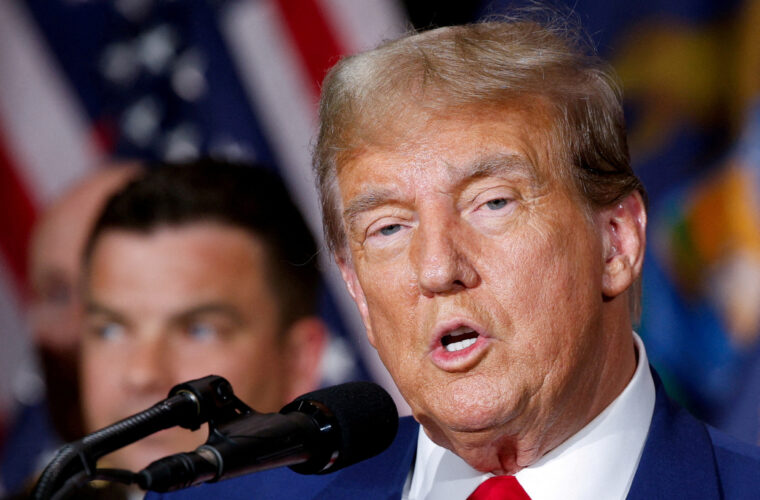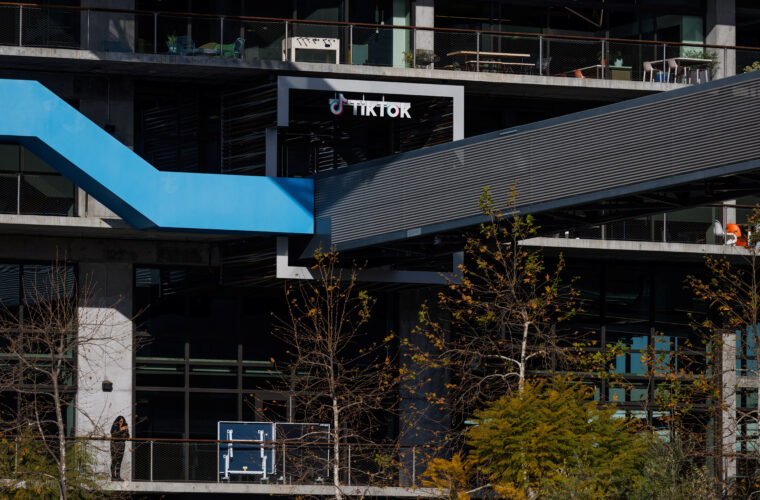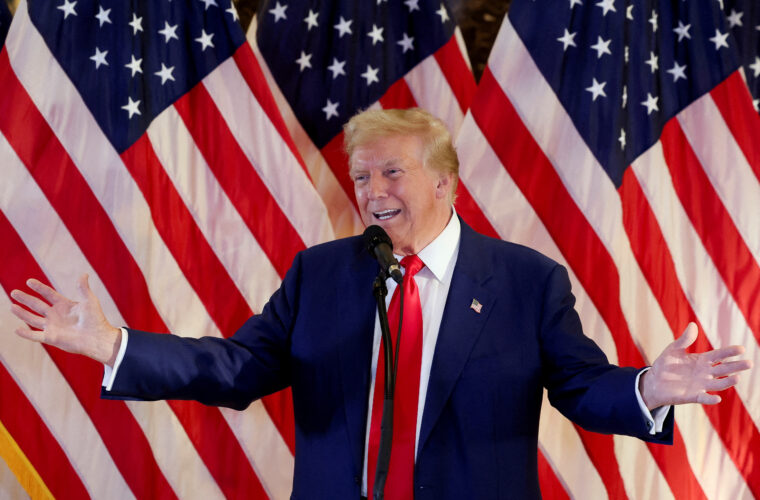TikTok CEO Addresses Privacy and Safety Concerns During Congressional Hearing
TikTok CEO Shou Zi Chew defended the Chinese-owned app’s data security practices in a marathon testimony lasting over five hours. It disputed claims that it poses a national security threat to the United States. On Thursday, Chew appeared before the US House Energy and Commerce Committee to push back against lawmakers’ allegations that the Chinese Community Party uses the app to spy on Americans. With nearly half of the US population among TikTok’s one billion monthly global users, the app’s executive sought to allay concerns over its relationship with the Chinese government. Chew also addressed the app’s struggle to remove “harmful” content from its platform.
Privacy concerns
The Biden administration recently urged ByteDance, TikTok’s Chinese parent company, to divest its stake in the app or potentially face a ban. This demand stems from concerns that TikTok could be compelled to share American user data with the Chinese government, which poses a threat to national security. In December, US lawmakers already banned the app from government devices, and other countries, such as Canada, EU member states, and Taiwan, have also taken similar measures.
TikTok CEO, Shou Chew, faced an onslaught of questions from lawmakers on Thursday regarding privacy concerns on the app. In a congressional hearing, Chew attempted to address allegations that China was using the platform to spy on US users. While Chew denied these claims, Rep. Neal Dunn, R-Fla., cited a Forbes article highlighting ByteDance’s plan to track US user locations and questioned Chew again. Despite Chew’s reassurances, lawmakers remain wary of TikTok’s potential national security implications. To alleviate these concerns, Chew outlined “Project Texas”, a $1.5 billion initiative to store American data on American soil, using a firewall to prevent unauthorized foreign access. However, this plan has not eased lawmakers’ scepticism.
Mental Health and Safety Concerns for the youth
TikTok’s meteoric rise in popularity among young users has brought its safety and mental health practices under increasing scrutiny. With a majority of American teenagers using the app, concerns have been raised about the spread of harmful content on the platform, including drug-related material that promotes the purchase of dangerous substances online. Such issues have fueled anxiety about the app’s safety for younger users, prompting some to call for greater oversight and accountability.
During TikTok CEO’s addresses, Representative Gus Bilirakis spoke out about the risks posed by TikTok’s platform, declaring, “Your technology is literally leading to death…we must save our children from big tech companies like yours, who continue to abuse and manipulate them for your own gain.” TikTok CEO Shou Zi Chew responded by assuring lawmakers that the company takes the issue of suicide and self-harm “very, very seriously.”
TikTok’s safety and mental health policies have come under scrutiny due to lawsuits surrounding deadly “challenges” that have gone viral on the app. During the hearing, Dean and Michelle Nasca, the parents of a teenager who died by suicide after being exposed to self-harm content on TikTok, pleaded with the company to take stronger measures to protect its young users. Congresswoman Kim Schrier, a paediatrician, has echoed these concerns, calling on TikTok to take proactive steps to safeguard the well-being of its users.

Content Moderation, Misinformation and Censorship
Lawmakers raised concerns about TikTok’s ability to moderate harmful content, misinformation, and inappropriate material. The platform’s moderation practices were questioned, as several legislators presented videos encouraging self-harm and suicide.
TikTok’s Global Chief Security Officer, Roland Cloutier, said the company employs 40,000 moderators and an algorithm to detect and flag controversial content. Chew also added that the company would hire third-party validators to review their algorithms and provide access to researchers to monitor content.
However, Representative Kat Cammack played a TikTok video that showed a gun firing with a threatening message about the ongoing committee hearing, questioning TikTok’s ability to protect its users’ data privacy and security. Chew denied allegations that TikTok censors content sensitive to the Chinese government, including the persecution of Uighur Muslims and the 1989 Tiananmen Square massacre. During TikTok CEO Addresses regarding privacy and safety concerns, Committee Chair Rodgers reminded Chew that making false statements to Congress is a federal crime. TikTok has been accused in the past of censoring content critical of China, including the Uighur Muslim ethnic minority, but the company denies these allegations.
The hearing in the US was closely monitored in China, with related news posts garnering millions of views on Sina Weibo. Many Chinese users of China’s most commonly used social media expressed sympathy for Shou and criticized what they perceived as US hostility towards TikTok.



